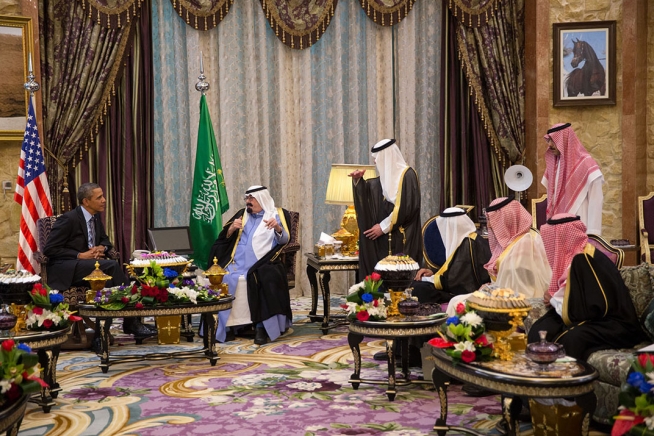
Shale Oil Gas Pitches US Against Saudi Arabia
April 5, 2014
Ukraine crisis matters to the global economy
April 5, 2014Being a Temple science major means doing really cool things: working alongside experienced researchers, using advanced—and expensive—equipment, and occasionally handling a virus or sulfuric acid. But because most science programs have a very rigorous sequence of courses—biology majors, for example, must take Organic Chemistry II in their third year before taking Cell Structure and Function in their fourth year—science students have often missed out on something else very cool: the opportunity to study abroad.
Through the Trans-Atlantic Science Student Exchange Program (TASSEP), a consortium of universities from Europe, Canada and the U.S., Temple science majors can now study at one of 19 European universities in 10 countries for up to a full academic year. The goal is to enable students to take most of their junior-level courses abroad and still be able to graduate on time. Since the program began in spring 2012, four Temple students have gone abroad while six international students have come to Main Campus.
Aseem Malhotra, CST ’12, now in the School of Medicine, studied at Lund University in Sweden. “Some of my courses included molecular biomedicine, bioimaging, Swedish social policy and an introductory Swedish-language course,” he said. “My time at Lund was an amazing experience.”
Many science students want to go abroad but still finish their degree on time, so “TASSEP solves that conundrum,” said Eric Borguet, professor of chemistry. “With Aseem, I did have to cajole him just a bit to apply.”
Ka Li, a biology major, studied at the Université de Pierre et Marie Curie in Paris (UPMC), one of the most respected science schools in France. In addition to a French language course, Li enrolled in Biostatistics with Linear Algebra, Biochemistry and Human Physiology with Anatomical, Experimental and Histological Approaches. All her courses were conducted in French.
“I studied French for six years, but I still found it difficult, especially in the beginning, to pay attention to the professor, understand the materials and communicate with my colleagues,” Li said. “The instruction methods are very different at the junior-year level. Most UPMC students decide their specialist track freshman year, so they have already taken more advanced biology classes in their sophomore year than U.S. students. I had to review those advanced science subjects in greater depth and adjust my learning style.”
Outside the classroom, Li enjoyed traveling across Europe and volunteering for a local organization that works to alleviate homelessness and poverty. It was that work which gave her the opportunity to meet France’s President François Hollande. That’s another very cool thing.
– Greg Fornia



